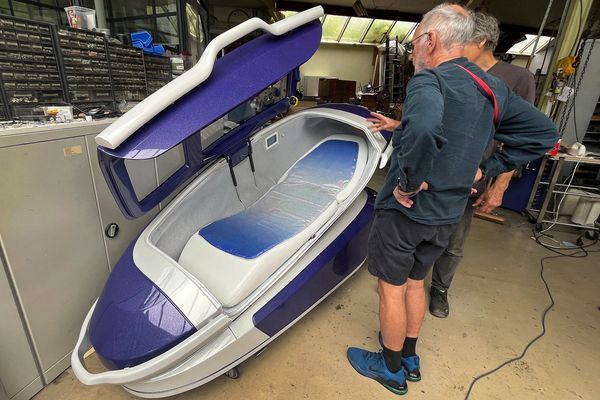India has taken the first step to generate digital birth certificates, which will be all-encompassing documents that can be used for admission to educational institutions, applications for driving licences, government jobs, passports or Aadhaar, voter enrolment, and registration of marriage, among others
This will “avoid multiplicity of documents to prove date and place of birth in the country,” according to the Objects and Reasons given in the Registration of Births and Deaths (RBD) Amendment Bill, 2023, which was tabled in the Lok Sabha on Wednesday.
Also read | Bill to amend Registration of Birth and Death Act likely to make Aadhaar compulsory
Centralised register
The Bill proposes to make it obligatory for States to register births and deaths on the Centre’s Civil Registration System (CRS) portal, and to share the data with the Registrar General of India which functions under the Union Home Ministry.
It said that a centralised register “would help in updating other databases resulting in efficient and transparent delivery of public services and social benefits.” It said the Bill would “insert provisions for digital registration and electronic delivery of certificate of births and deaths for the benefit of public at large.”
As first reported by The Hindu, the database will also be used to update the National Population Register (NPR), ration cards, and property registration records. The NPR — for which data was first collected in 2010 and then updated in 2015 through door-to-door enumeration — already has a database of 119 crore residents. The NPR is the first step in the creation of a National Register of Citizens (NRC), according to the Citizenship Rules, 2003.
Will collect parents’ Aadhaar
The new rules will apply to all those born after the Bill is passed by Parliament and becomes an Act of law. It proposes to “collect Aadhaar numbers of parents and informant, if available, in case of birth registration”. Presently, either parent can voluntarily provide their Aadhaar number for a newborn’s birth certificate generated through the CRS. As on March 31, Aadhaar has a saturation of 93%, for a projected national population of 138.72 crore.
The new Bill proposes “to facilitate registration process of adopted, orphan, abandoned, surrendered, surrogate child and child to a single parent or unwed mother”. It will also “make it mandatory for all medical institutions to provide a certificate as to the cause of death to the Registrar and a copy of the same to the nearest relative.”
The Bill amends 14 sections of the Registration of Births and Deaths Act, 1969, inserts a new provision, and substitutes another. The Act has never yet been amended since its inception 54 years ago.







